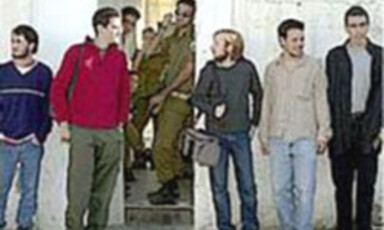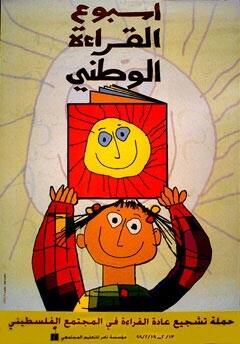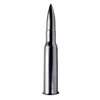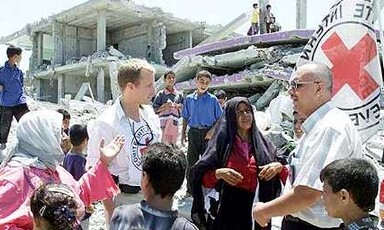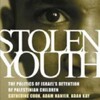
McBusted: Mounting evidence supports claim McDonald's Israel fired worker for speaking Arabic
10 March 2004
The Electronic Intifada today publishes an exclusive investigative report by Jonathan Cook detailing evidence that supports the claim by a former worker at McDonald’s Israel that she was fired for speaking Arabic on the job. We renew our call on our readers to contact McDonald’s Corporation about this disturbing matter and demand justice for this and all its workers. Last week, Oak Brook, Illinois-based McDonald’s Corporation admitted in a statement sent to EI that its licensee in Israel maintains a policy requiring all its workers to speak only Hebrew. But the company asserted that it was “absolutely not true” that the worker, Abeer Zinaty, who had previously been recognized as an outstanding employee, was fired for speaking Arabic on the job. Read more about McBusted: Mounting evidence supports claim McDonald's Israel fired worker for speaking Arabic



